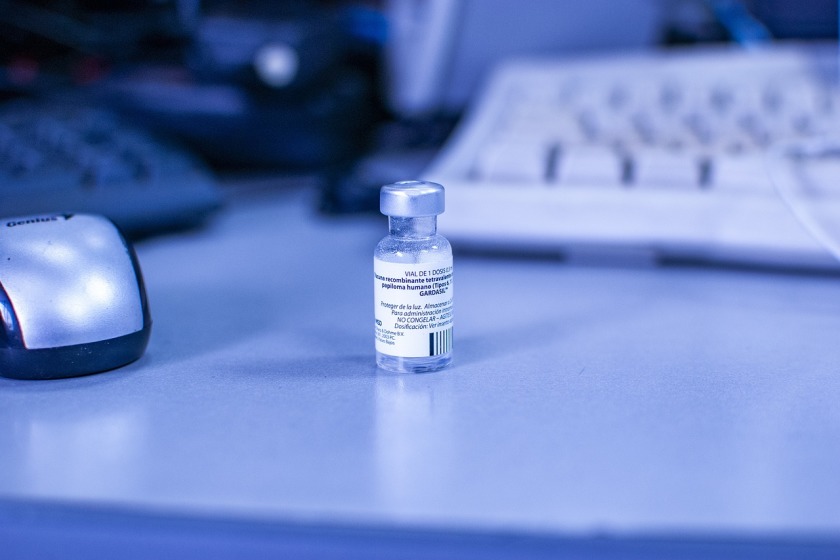Thu, 13 Jul 2023
Manx Care’s Termination Service, which was established in May 2019, has now progressed to an independent model, enabling women to confidently receive the entirety of their care on the Island.
From this month, the first point of contact for all women requiring advice on pregnancy options is now on the Isle of Man. Previously, this component of their care plan was directed to the British Pregnancy Advisory Service (BPAS) and their initial assessment was carried out by BPAS practitioners over the telephone. This change will make the process more straightforward for patients, who will not necessarily need to engage with anyone outside of Manx Care (depending on their clinical need).
Terminations required for pregnancies under 14 weeks can be treated on-Island, with support from specialised Integrated Sexual Health Practitioners within Manx Care. Whilst terminations required for pregnancies greater than 14 weeks will be treated off-Island, there will still be support provided for those patients from the locally-based team.
The on-Island contact allows all women to access full sexually transmitted infection (STI) screening, as well as comprehensive contraception advice and provision, during and following their treatment.
In addition, all patients are able to access follow-up support from a specialist Nurse on the Isle of Man, meaning that there is no disruption to their care plan. However, if deemed appropriate, specialised counselling can be arranged over the telephone with BPAS counsellors.
Patients still retain the ability to seek funded treatment off-Island for pregnancies of any gestation if they wish, via BPAS.
Linda Thompson, General Manager for the Integrated Women, Children and Families Care Group, said: “It is a really positive change for those who require support from the termination service to know that their care can be based entirely on-Island. This should offer some reassurance and more effective continuity of care. The service is currently operating really well, with no concerns being raised by patients about their care which is very important, particularly due to the incredibly emotive nature of this experience.”
 Fri, 29 Dec 2023
Fri, 29 Dec 2023
 Fri, 29 Dec 2023
Fri, 29 Dec 2023
 Fri, 29 Dec 2023
Fri, 29 Dec 2023
 Fri, 29 Dec 2023
Fri, 29 Dec 2023
 Fri, 29 Dec 2023
Fri, 29 Dec 2023
 Thu, 28 Dec 2023
Thu, 28 Dec 2023
 Thu, 28 Dec 2023
Thu, 28 Dec 2023
 Thu, 28 Dec 2023
Thu, 28 Dec 2023
 Wed, 27 Dec 2023
Wed, 27 Dec 2023